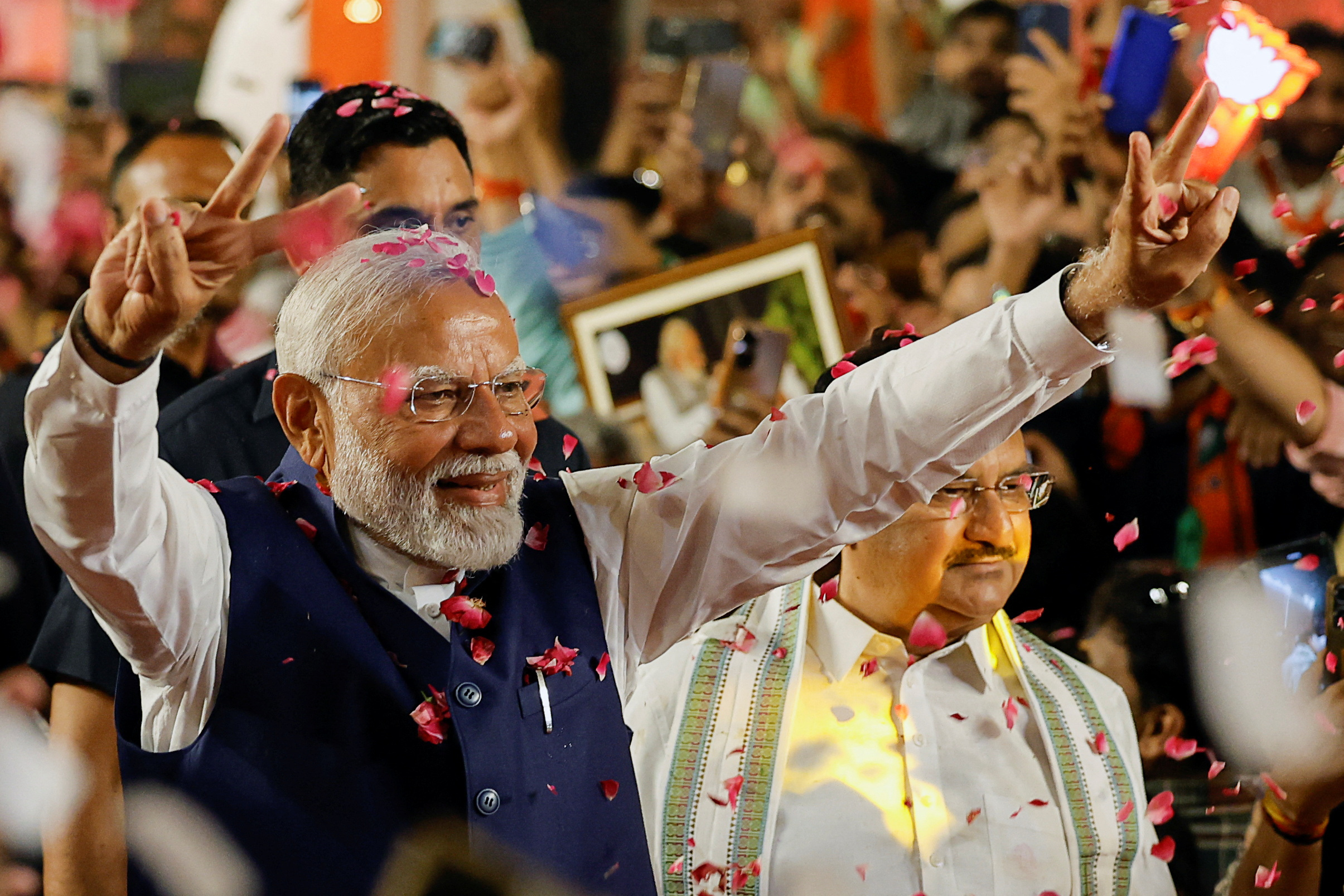Luxembourg is a small landlocked country located in western Europe. It operates as a constitutional monarchy with a parliamentary system. Here is some information about the election system in Luxembourg:
- Parliament: The Parliament of Luxembourg is known as the Chamber of Deputies. It is the country’s legislative body and is unicameral, meaning it consists of a single chamber. The Chamber of Deputies is responsible for enacting laws, approving the budget, and overseeing the government’s activities.
- Electoral System: Luxembourg uses a proportional representation system for electing members to the Chamber of Deputies. The country is divided into four electoral districts: Central, South, East, and North. Each district is allocated a specific number of seats based on its population. Voters cast their ballots for political parties rather than individual candidates. Seats in the Chamber of Deputies are distributed among the parties proportionally to the total number of votes they receive.
- Voter Eligibility: Luxembourg citizens who are at least 18 years old have the right to vote in parliamentary elections. Voter registration is required, and eligible voters must be included in the voter roll to participate.
- Political Parties: Luxembourg has a multi-party system, with several political parties participating in elections. Some of the major political parties in Luxembourg include the Christian Social People’s Party, the Luxembourg Socialist Workers’ Party, the Democratic Party, and The Greens, among others. Political parties play a significant role in the country’s political landscape and the formation of the government.
- Grand Duke: Luxembourg is a constitutional monarchy, and the Grand Duke of Luxembourg serves as the head of state. The Grand Duke’s role is largely ceremonial, and the executive power rests with the government and the elected representatives.
It is important to note that Luxembourg is a small country with a unique political system.



